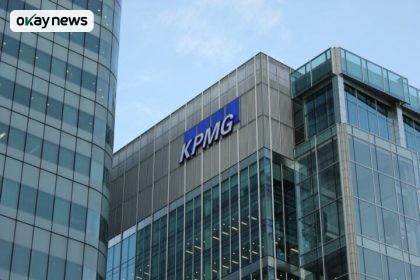The Federal Inland Revenue Service will exempt most Nigerians from tax under a new regime planned for January 2026. The policy concentrates liability on high-income earners and removes the burden from workers and informal sectors.
The disclosure came from Nigeria’s tax authority, the Federal Inland Revenue Service, represented in Ilorin, Kwara State, at an event held by the University of Ilorin Alumni Association. The agency stated that only the highest-earning five percent of citizens will carry direct tax obligations once the reform framework begins.
The revenue chief said the overhaul marks a structural break from systems that historically captured low-income groups and wage earners. The emphasis will shift upward, targeting individuals with substantial income, assets or investment portfolios that have remained outside full assessment.
The institution noted that the framework is designed to be business-friendly and supportive of national development objectives. It aligns with long-term attempts to correct Nigeria’s tax-to-GDP imbalance and expand revenue without undermining productivity or consumption among the majority of households.
The agency confirmed a forthcoming name change beginning January 2026. The change is intended to reflect a transition to a broader national tax institution driven by new operational standards and modern assessment tools. The internal reforms include recalibrated tax bands, transparent deductibles and a standardised 25 percent rate for top-tier earners after allowable deductions.
The authority added that the redesign responds to infrastructure deficits, education funding gaps and wider governance needs. Increased compliance from high-earning groups is positioned as a core pillar for future capital spending and long-term fiscal stability.
The tax office explained that the 2026 rollout will represent the most extensive restructuring of Nigeria’s tax framework since independence. It links the transition to global norms where taxation concentrates on accumulated wealth and high-earning segments.
The presentation stressed that the media and public should expect the emergence of a new tax institute tied to the agency’s rebranding. The body will support training, professional standards and public engagement around the modernised tax system.
The institution concluded that the reform is central to Nigeria’s economic direction and will shape national revenue, investor confidence and fiscal governance over the next decade.







